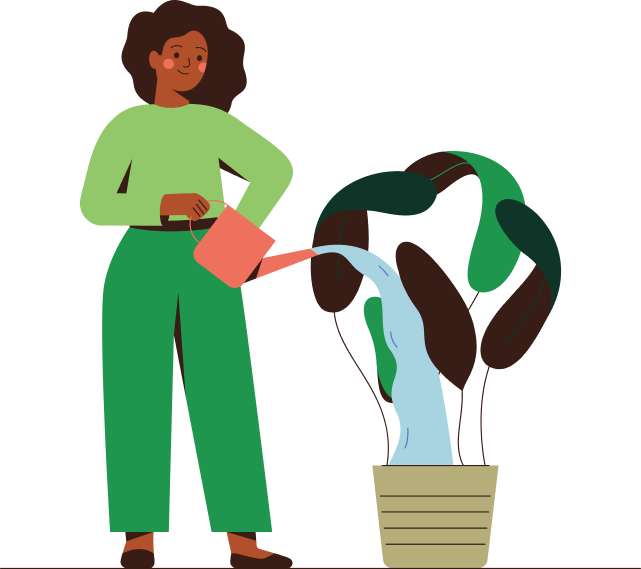Gambling harm can affect not only the person who gambles but also their loved ones. If someone else’s gambling is impacting your life, you are not alone.
Many people feel unsure or overwhelmed in these situations. Understanding gambling harm can help you take steps to protect yourself and support your loved one.
This FAQ provides clear answers to common questions and explains how to access help.


The stigma surrounding gambling may leave you with a lot of questions and assumptions about your loved one’s gambling. Learning more about gambling harm can help break down those stigmas and stereotypes and help you to connect with and understand your loved one.
Though you may trust your loved one, it’s important to take safety precautions to protect yourself, your finances, and your family.

Sometimes gambling may impact an individual even when they’re not the one doing the gambling. We’re here to support anyone impacted by gambling, including family members, partners, friends, colleagues, and other loved ones or connections.
We offer some advice about what to do if someone else’s gambling is impacting you.
You can contact Gambling Help any time to speak to a counsellor or schedule an appointment.
It’s free, confidential, and available 24/7.
Call 1800 858 858

Counselling can help individuals
85.5% of Gambling Help clients reported a positive outcome.
Data from Gambling Help clients in 2024 reveals that 85.5% of clients had a positive outcome after receiving gambling counselling.
Clients reported improvement in their feelings about:

About 30% of clients who access Gambling Help are family members and friends of individuals who gamble.
Your mental health, finances, and relationships can be impacted by someone else’s gambling.
Gambling Help can assist with:
We can help you:

Firstly, the solution to gambling isn’t always to stop gambling. This person may not even want to give up gambling. It also depends on the risk or severity of gambling harm. If stopping gambling is not an option, you may want to support them to gamble safer or encourage them to think about change.
There are a few steps you can take to encourage someone who gambles to think about change:
Gambling Help also provides free, 24/7, confidential support to those impacted by someone else’s gambling.
Call 1800 858 858
Learn more about staying safe and protecting your finances

A person might change, reduce, or stop their gambling when they realise for themselves that it’s become harmful or a “problem.”
Researchers spoke to a group of individuals experiencing gambling harm. They asked “How long did it take to start using self-help change strategies once you realised that gambling was harmful?”
23% said they started using self-help strategies in one year.
20% said it took more than 10 years to start using self-help strategies.
Everyone is different. There’s no established timeline for how long it takes for people to start thinking about change.

Reducing, changing, or quitting gambling can be incredibly difficult for some individuals.
People often have mixed feelings about their gambling. “Stopping gambling” can be scary. It might feel like admitting defeat or giving up. They may not see a problem with their gambling. Perhaps they don’t want to quit.
Gambling excites people with incentives like entertainment, excitement, distraction, a social opportunity, and the possibility of a win. While it may be harmful, people may feel the benefits or possibilities outweigh the negative impacts.

It can be upsetting when a loved one doesn’t want to change something that is harming them, impacting you, or affecting your relationship.
If someone else’s gambling is affecting you, it’s important to seek out support through services like Gambling Help, to stay connected with friends, and to stay safe.

When a loved one, especially a partner or family member, is experiencing gambling harm, it’s important to keep you and your family or children safe.
Protecting yourself can include lots of different actions, including protecting your finances, attending counselling, and knowing what support is available.
If you believe you or your children are in immediate danger, please call 000.

Talking to a family member, partner, or friend about gambling can feel awkward – it’s a very sensitive topic.
We offer some advice on how to start the conversation.
Learn more about talking to your loved one about gambling

All relatives, family members, and friends are able to access counselling free of charge.
At the beginning of help, each person has a separate consultation with the Gambling Help counsellor. The counsellor will then work with you on how you would like to have your family involved in your counselling.
Each family is different. The counsellor wllh tailor your counselling sessions to meet your family’s needs.